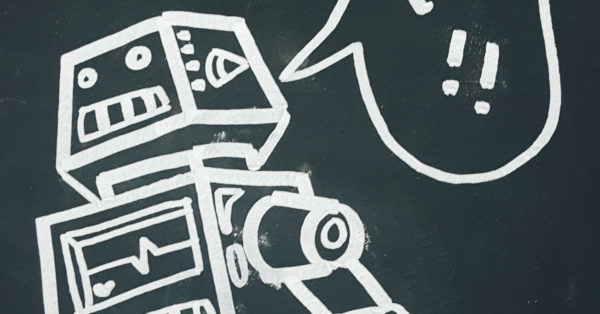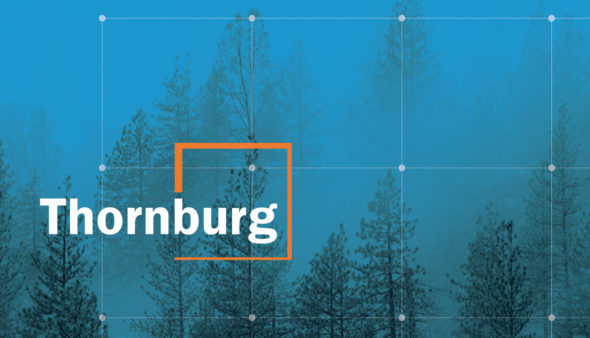You don’t have be a polyglot to order a coffee, a taxi or a pair of pajamas anywhere in the world
“Semafor” is the name of a Slovakian TV sitcom, a Swiss cybersecurity firm, an IT company in Mumbai, a French management consultancy, a legendary Prague theater and a restaurant in Split, Croatia (4.0 rating on Tripadvisor).
It’s also the name of a global media start-up now being birthed by Ben Smith and Justin Smith, who describe it as “an interactive website featuring news and information in the fields of general interest news.” The partners, who are not related, announced the new venture in early January but deferred the christening until late March.
“Semafor” is a stripped-down spelling of “semaphore,” a means of transmitting messages by holding two flags or lights, one in each hand, and repositioning them to spell out words. It’s an apt brand name for a company that will deal principally in communication. But more to the point, Justin Smith explained, “It’s the same word in 25 or 35 different languages. It is very intentionally going to be able to live in Asia or Europe or the Middle East or the Americas.” He told the news site Axios that “it was really important for us to have a name that had the same meaning regardless of your native tongue.”
There aren’t many words like that. Soup, coffee, pajama, taxi—maybe a few more. The fact that there are any at all, and that company names are actually built around them in local languages, is a source of wonder and amazement. You can dial up a ride from Taxsi Helsinki oy in Finland, Tacsi Gorsaf Caerffili in Wales, Condoru takushī gurūpu in Japan, Taxiku in Indonesia and Viva Taxí in Mozambique.
“OK”—aka “o.k.,” “Okay” and even “okeh”—has even broader currency. No one knows for sure how, where or why “OK” came about; the most common origin story is that it first appeared in the Boston Morning Post in 1839 as a jokey mis-abbreviation of “All Correct.” But it has also been traced back to “Old Kinderhook,” the nickname of the seventh U.S. president, Martin Van Buren (and the only president whose first language wasn’t English).
Notwithstanding its actual roots, it’s unlikely there are many people anywhere on the planet who don’t know what “OK” means and how to work it into a conversation. What’s more, LinkedIn lists 4,300+ companies with “OK” in their name, including a Turkish engineering firm, a Dutch shopping app, a Cameroonian supermarket, a leather goods retailer in Bangladesh, a mining consortium in Papua New Guinea, a Nairobi law firm and a Chinese umbrella manufacturer.
But for sheer boundary-busting universality, no word matches “huh.” Yes, it is a word, defined in the Encarta dictionary as “an expression…used to show surprise, inquiry, confusion, disdain or lack of interest,” and, less helpfully in the Oxford English Dictionary as “a natural utterance, expressing some suppressed feeling.” Whatever. The point is that “huh” has serious lexical credentials and is spoken and understood, albeit in variable pronunciations, “in every household, village, town, and city of the world, regardless of the culture and lifestyle of the people or the language they speak,” according to American Scientist.
Inevitably, “huh” has been adapted to a wide range of product and company names and brands. Huh?!—punctuated exactly that way—is used by two companies listed on the U.S. Patent & Trade Office website. One markets hoodies, sweatshirts, shoes and underwear, the other, hearing aids.
And if you find yourself in Ugong, Philippines, stop in for a beer or a bite at the Café Huh? No reviews yet on Tripadvisor but we hear the buffalo wings are to die for.




